Gender: Male
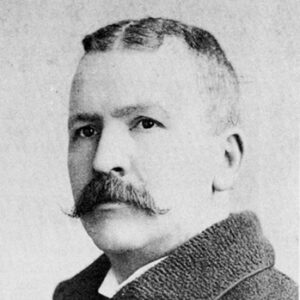 Frederick T. Anderson
Frederick T. Anderson
Anderson, Frederick Tanqueray
 Glenn Anderson
Glenn Anderson
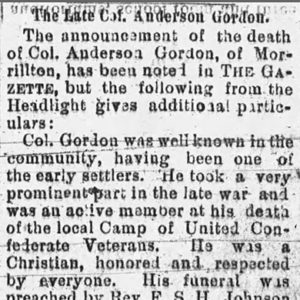 Gordon Anderson Death
Gordon Anderson Death
Anderson, James (Lynching of)
Anderson, Joel Edward
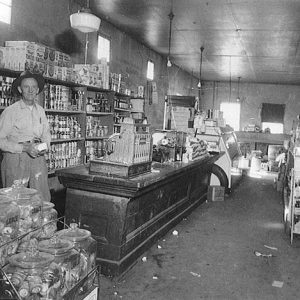 Nathan Anderson
Nathan Anderson
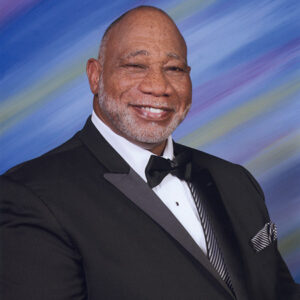 Richard Anderson
Richard Anderson
Anderson, William (Lynching of)
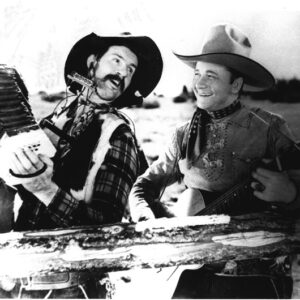 Lloyd "Arkansas Slim" Andrews with Tex Ritter
Lloyd "Arkansas Slim" Andrews with Tex Ritter
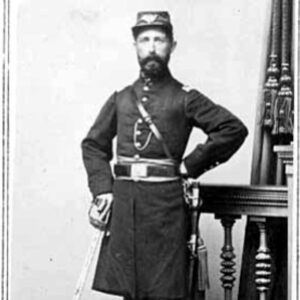 Christopher Columbus Andrews
Christopher Columbus Andrews
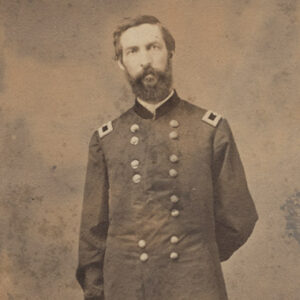 Christopher Columbus Andrews
Christopher Columbus Andrews
Andrews, Christopher Columbus
Andrews, Glen
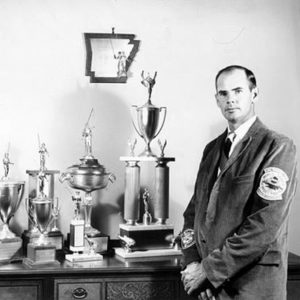 Glen Andrews
Glen Andrews
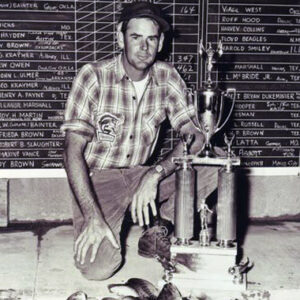 Glen Andrews
Glen Andrews
 "Slim" Andrews
"Slim" Andrews
Andrews, Lloyd
aka: Arkansas Slim
aka: Slim Andrews
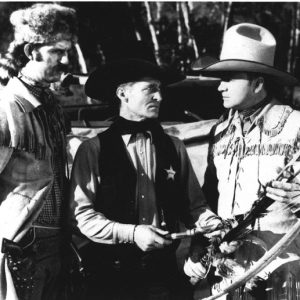 Lloyd "Arkansas Slim" Andrews
Lloyd "Arkansas Slim" Andrews
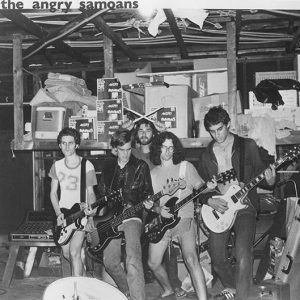 Angry Samoans
Angry Samoans
 Beryl Anthony
Beryl Anthony
Anthony, Beryl Franklin, Jr.
Anthony, Joseph J.
 Anti-Crank Brochure
Anti-Crank Brochure
Anti-Horse Thief Association
Antiquarian and Natural History Society of Arkansas
Antrim, Richard Nott
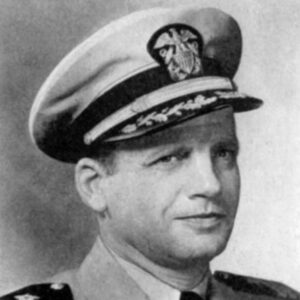 Richard Nott Antrim
Richard Nott Antrim
Appleby, Jack
aka: John Tate Appleby
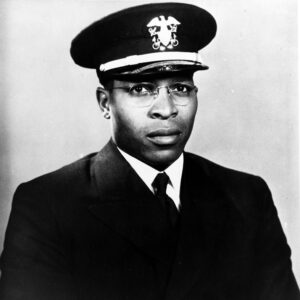 Jesse W. Arbor
Jesse W. Arbor
Arbor, Jesse Walter
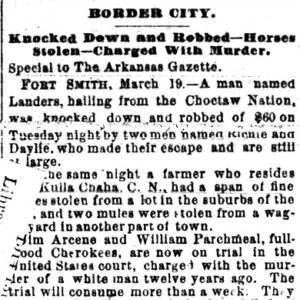 Arcene Accusation Story
Arcene Accusation Story
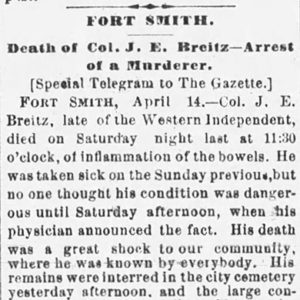 Arcene Arrest Story
Arcene Arrest Story
Arcene, James
Argue, James Buckingham (Jim) Jr.
 Jim Argue
Jim Argue
Arkadelphia Executions of 1889
Arkadelphia Lynching of 1879
aka: Lynching of Daniels Family
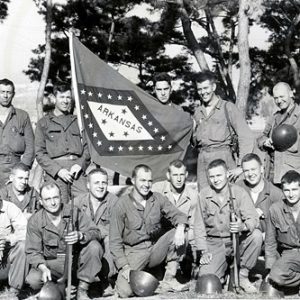 Arkansans in the Korean War
Arkansans in the Korean War
 Arkansans in the Korean War
Arkansans in the Korean War
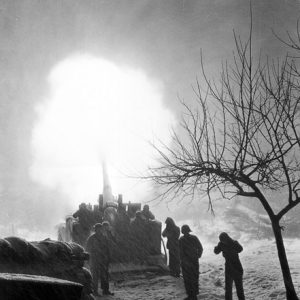 Arkansans in the Korean War
Arkansans in the Korean War
Arkansas “Scottsboro” Case
aka: Bubbles Clayton and James X. Caruthers (Trial and Execution of)
aka: James X. Caruthers and Bubbles Clayton (Trial and Execution of)
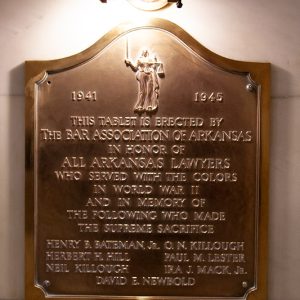 Arkansas Bar Association Veterans Memorial
Arkansas Bar Association Veterans Memorial
Arkansas Boys State
aka: Boys State
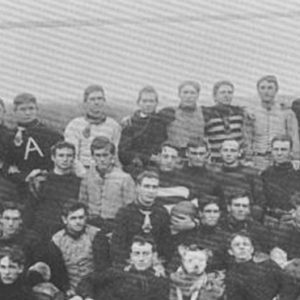 Arkansas Cardinals
Arkansas Cardinals
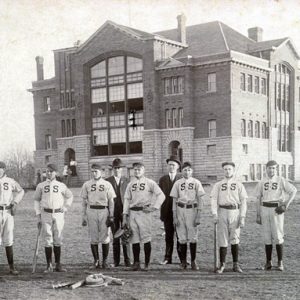 Arkansas Conference College Baseball Team
Arkansas Conference College Baseball Team
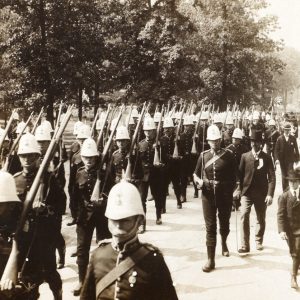 Arkansas Day
Arkansas Day
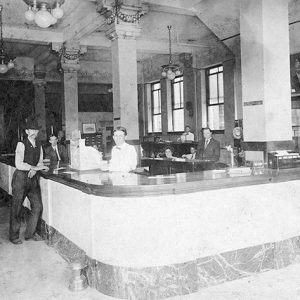 Arkansas Gazette Staff
Arkansas Gazette Staff
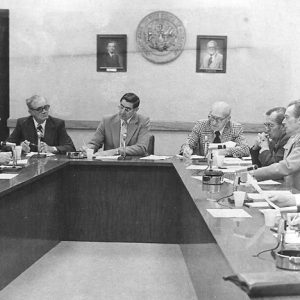 Arkansas General Assembly, 1979
Arkansas General Assembly, 1979




